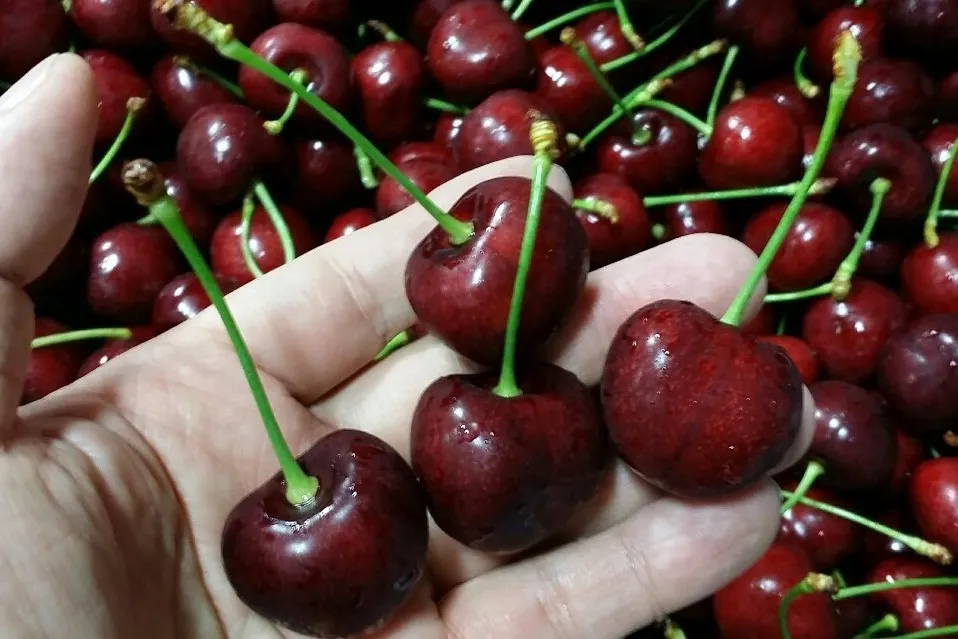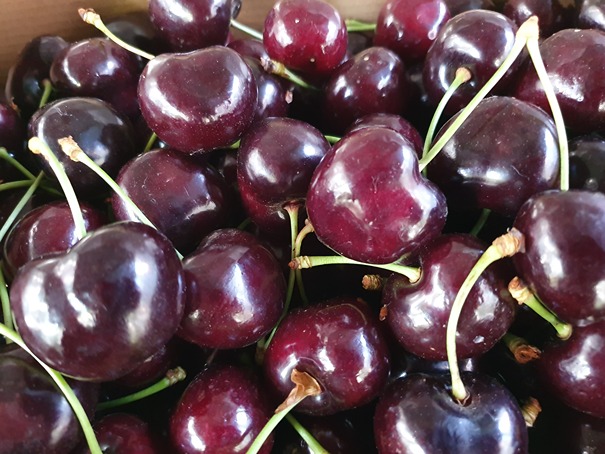Cherry post-harvest storage is usually limited due to their high perishability. This characteristic of the fruit makes it difficult to maintain its freshness and quality for extended periods.
For this reason, research into strategies capable of extending their shelf life and preserving their organoleptic and nutritional characteristics as best as possible has intensified in recent years.
One of the most promising solutions is biogenic amines, particularly two natural compounds: putrescine and spermidine. Both are already present in plant tissues and play key roles in fruit development and physiological processes, especially in the post-harvest phase.
Post-harvest treatment research
Spermidine, in particular, has been the subject of numerous studies on various fruit species (such as strawberries and nectarines), which have shown that it has the ability to improve fruit resistance to oxidative stress, thanks to its antioxidant properties, and to slow down degradation processes.
In a recent study conducted in collaboration between four universities and a research center in Turkey, the effect of treating fruits with spermidine during the post-harvest period was analyzed.
Spermidine was applied to the fruits at three different concentrations (0.5, 1.0, and 1.5 mM) before cold storage, tested over three different periods (10, 20, and 30 days). A group of fruits received no treatment, serving as a control group.
Storage conditions and parameters
During storage, several parameters were monitored: weight loss, incidence of decay, soluble solids content, titratable acidity, pH, respiration rate, phenolic compounds, organic acids, and vitamin C content.
The storage time had a profound impact, with the most significant biochemical changes observed within the 30 th day.
The results showed significant differences between the treated fruits and those in the control group. The latter showed greater weight loss, an increase in respiration rate and pH, faster sugar degradation, increased decay, and a reduction in titratable acidity during the storage period.
Spermidine's effectiveness
On the contrary, fruits treated with spermidine – especially at the highest concentration (1.5 mM) – retained better their qualitative and nutritional characteristics.
Specifically, it was found that spermidine slowed down the loss of phenolic compounds, organic acids, and vitamin C, which are key elements for the taste, shelf life, and nutritional value of cherries.
Among the organic acids, succinic acid was found to be the most abundant, followed by malic and citric acids. These also experienced a decline in untreated fruits, while spermidine mitigated the decrease.
Antioxidant profile and conclusion
Regarding phenolic compounds, gallic acid was the most abundant, followed by quercetin and rutin, all important for the fruit's antioxidant properties.
In conclusion, the exogenous application of spermidine represents an effective strategy for extending the shelf life of sweet cherries while preserving their nutritional and sensory qualities intact.
This technique could become a sustainable solution to reduce waste and improve the availability of fresh cherries even out of season.
Source: The Role of Spermidine in Postharvest Fruit Physiology: Effects on Quality Characteristics and Metabolite Content of Sweet Cherry Fruit during Cold Storage
Ayşen Melda Çolak, Sadiye Peral Eyduran, Akgul Tas, Oktay Altun, Muttalip Gundogdu, and Burhan Ozturk ACS Omega 2025 10 (10), 10567-10578 DOI: 10.1021/acsomega.4c11222
Image source: SL Fruit Service
Cherry Times - All rights reserved











